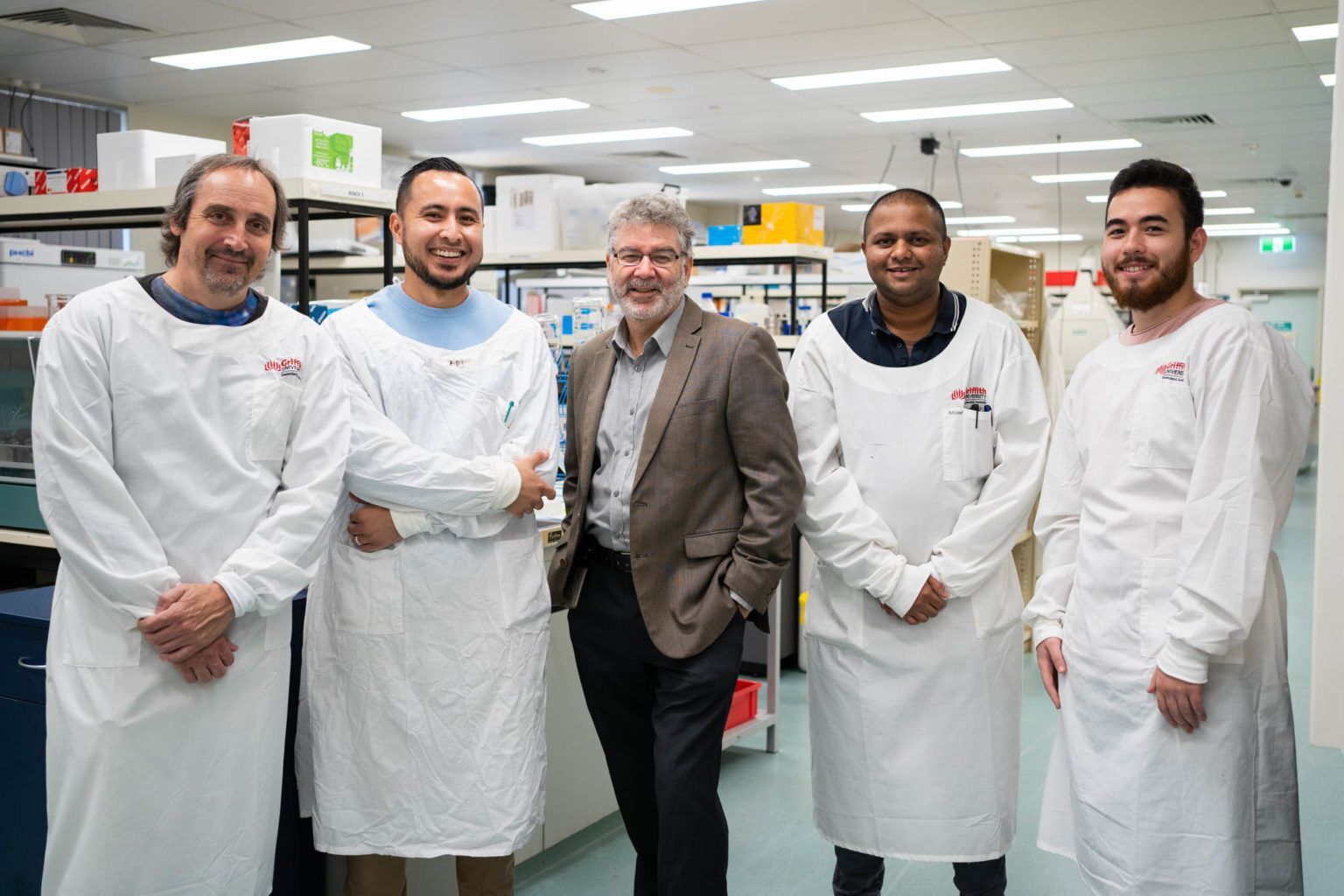Scientists from Australia and the United States have developed an experimental direct-acting antiviral therapy for the treatment of COVID-19. It is claimed to reduce viral load by 99.9%.
The work was carried out by a group of researchers from the Australian Menzies Institute of Health in Queensland at Griffith University and from the American medical center City of Hope… The therapy has been tested in mice infected with COVID-19 and the treatment has improved their survival and recovery rates.
The scientists said they were using the next generation of antiviral approach – an RNA gene suppression technology called siRNA (small interfering RNA). This method directly “attacks” the genome of the virus and stops its replication, that is, multiplication. Also, specially designed lipid nanoparticles are used, which deliver miRNAs to the lungs – a critical focus of infection.
“For the first time we managed to pack [миРНК] as [нано]a particle and send it through the blood vessels to attack the virus “- noted Griffith University professor Nigel Macmillan. He added that this is not about drugs, but about therapy, but its effectiveness “is almost as high as that of drugs.”
 –
–
One of the co-authors of the development, Professor Kevin Morris noted that this method is effective for the treatment of all beta-coronaviruses, like SARS (SARS-CoV-1) and SARS-CoV-2, as well as other new options that may arise in the future, because therapy targets the ultra-conserved regions of viral genomes.
The nanoparticles are stable at 4 ° C for 12 months and at room temperature for more than one month. This means that this preparation can be used even in the absence of special storage conditions.
As previously wrote OBOZREVATEL, scientists believe that patients with COVID-19, having neuralgic diseasesare six times more susceptible to complications from coronavirus, up to and including death. In particular, we are talking about encephalopathy – pathological destruction of individual neurons in the brain, stroke and coma.
–


